
Culture
13:30, 09-Sep-2018
A 141-year-old ferry run by one family
Updated
12:47, 12-Sep-2018
CGTN
03:15
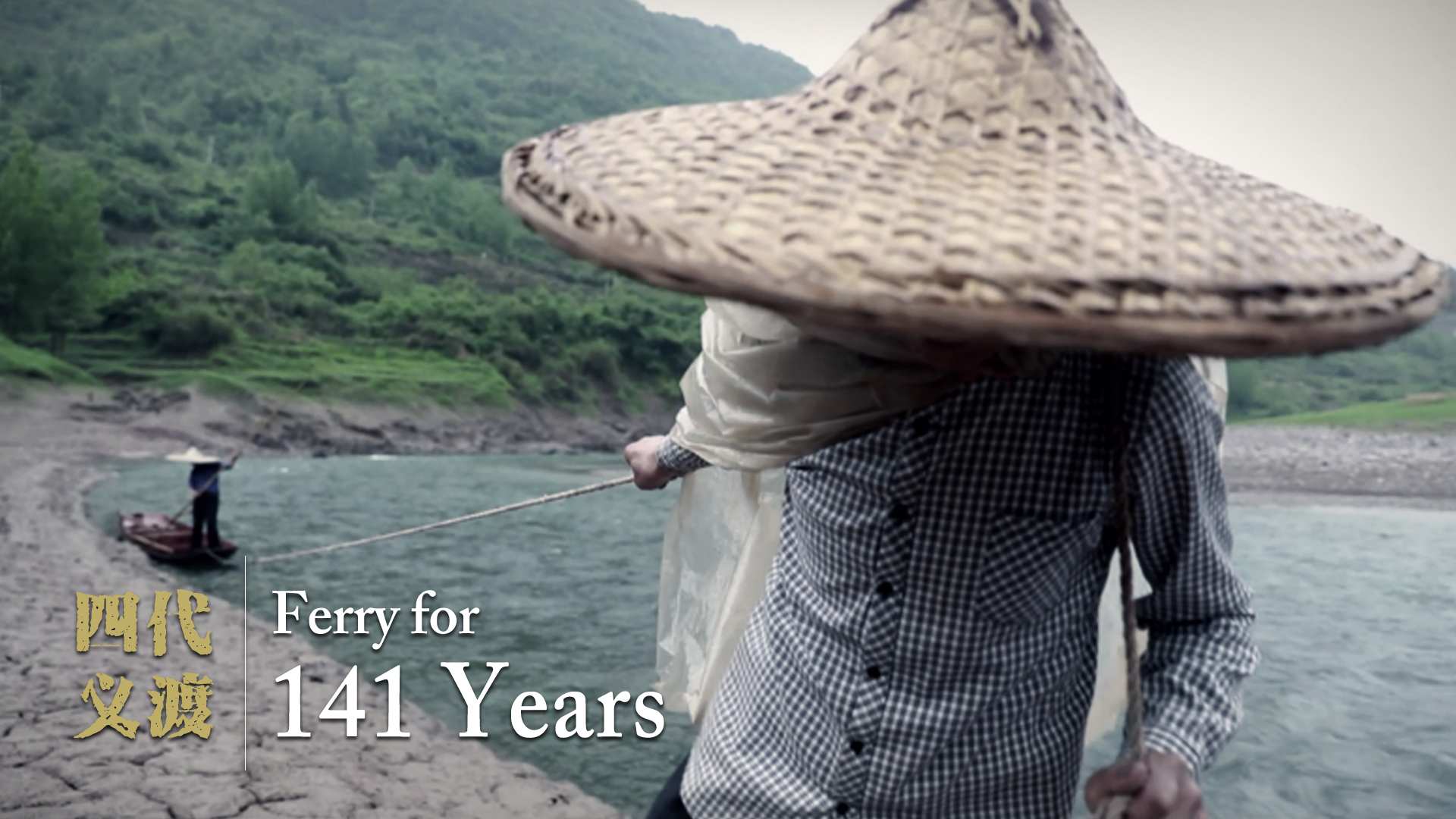
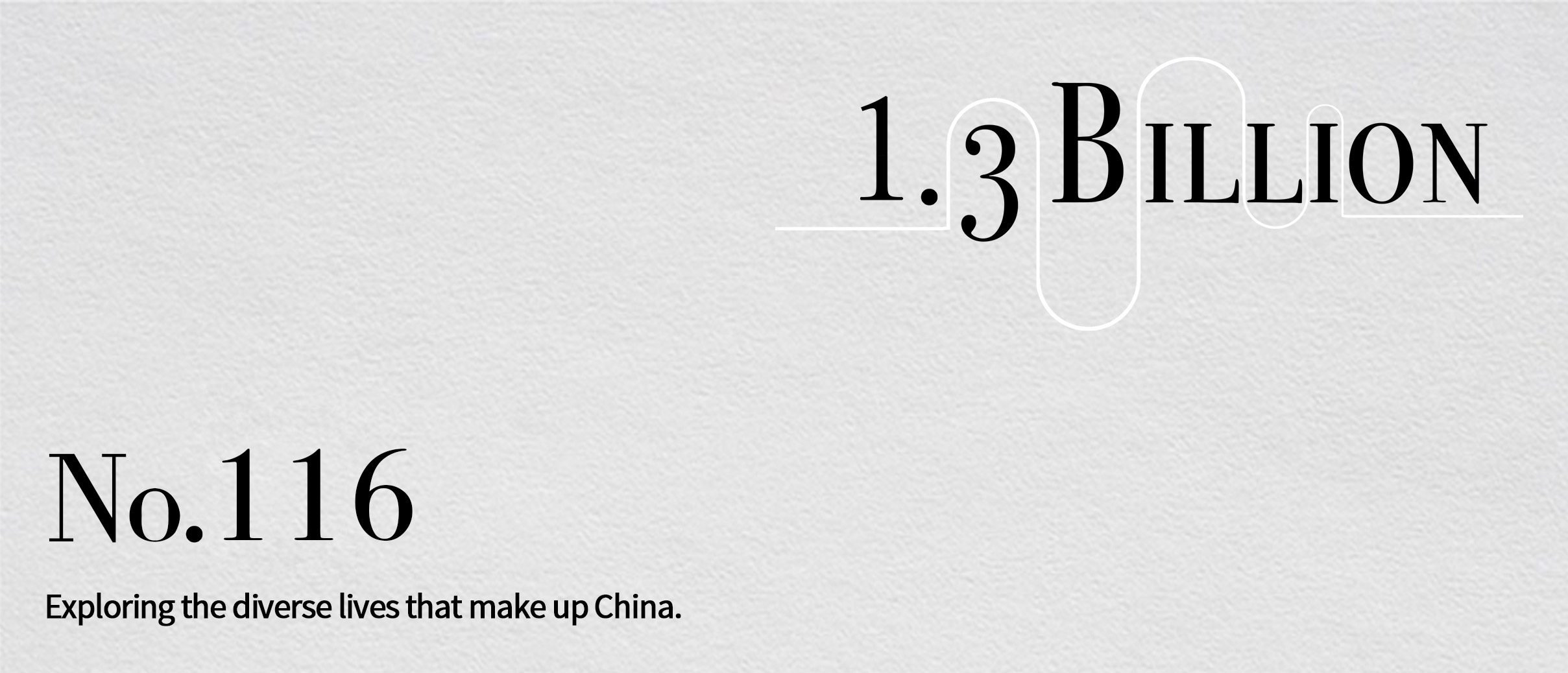
CGTN
CGTN
Located in Jianshi County, Enshi Prefecture, Central China's Hubei Province, Dashahe village is named after the river that flows across it.
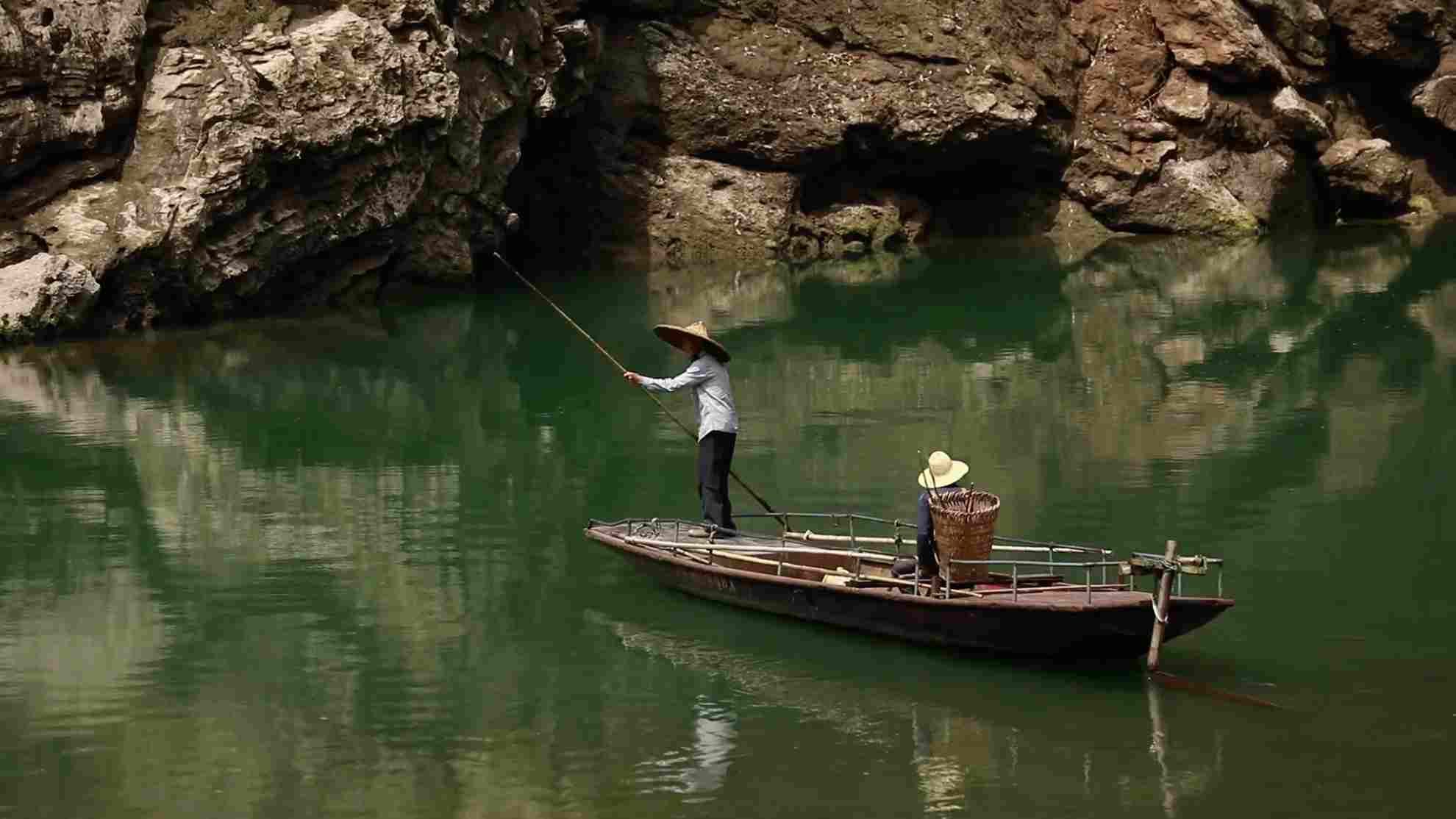
CGTN Photo
CGTN Photo
The ancestors of the Wan family built a boat and began ferrying people voluntarily.
Wan Qizhen, 76, is the family's current ferryman.
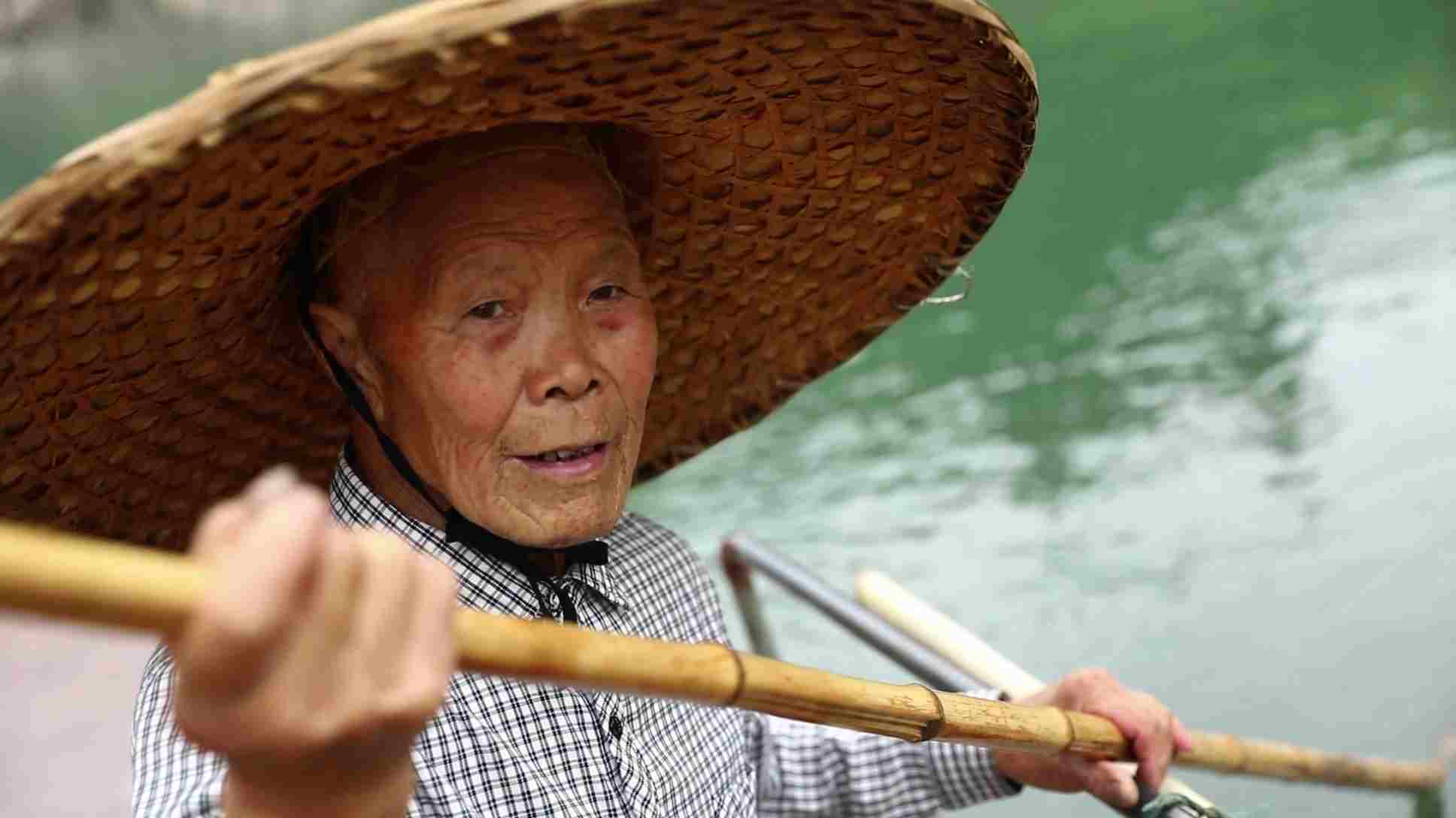
Wan Qizhen /by CGTN
Wan Qizhen /by CGTN
"Our ancestral home was in Jingzhou City by the Yangtze River. When the flood struck, my grandparents fled from starvation and came here to Dashahe village," says Wan Qizhen. "The locals helped them a lot, giving them five mu (nearly 3300 meters) of farmland. My ancestors were grateful. Therefore they wanted to do something in return, something free of charge forever."
"My grandfather built a wooden boat and ferried people here for free. He'd ferried for over 40 years. Then it's my father cover over for another 20 years. I inherited the job from my uncle, and have been doing it for 20 years."
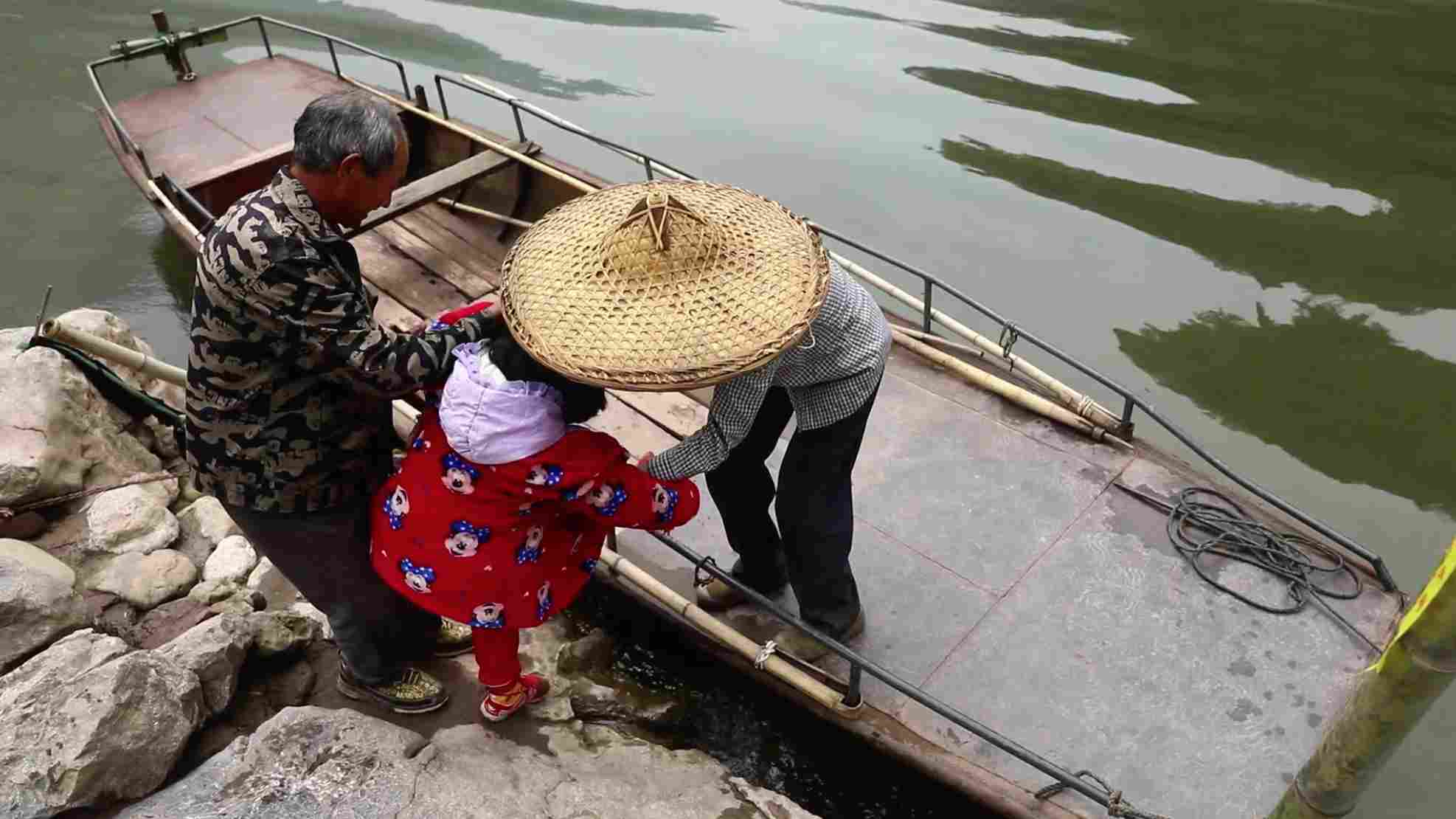
CGTN Photo
CGTN Photo
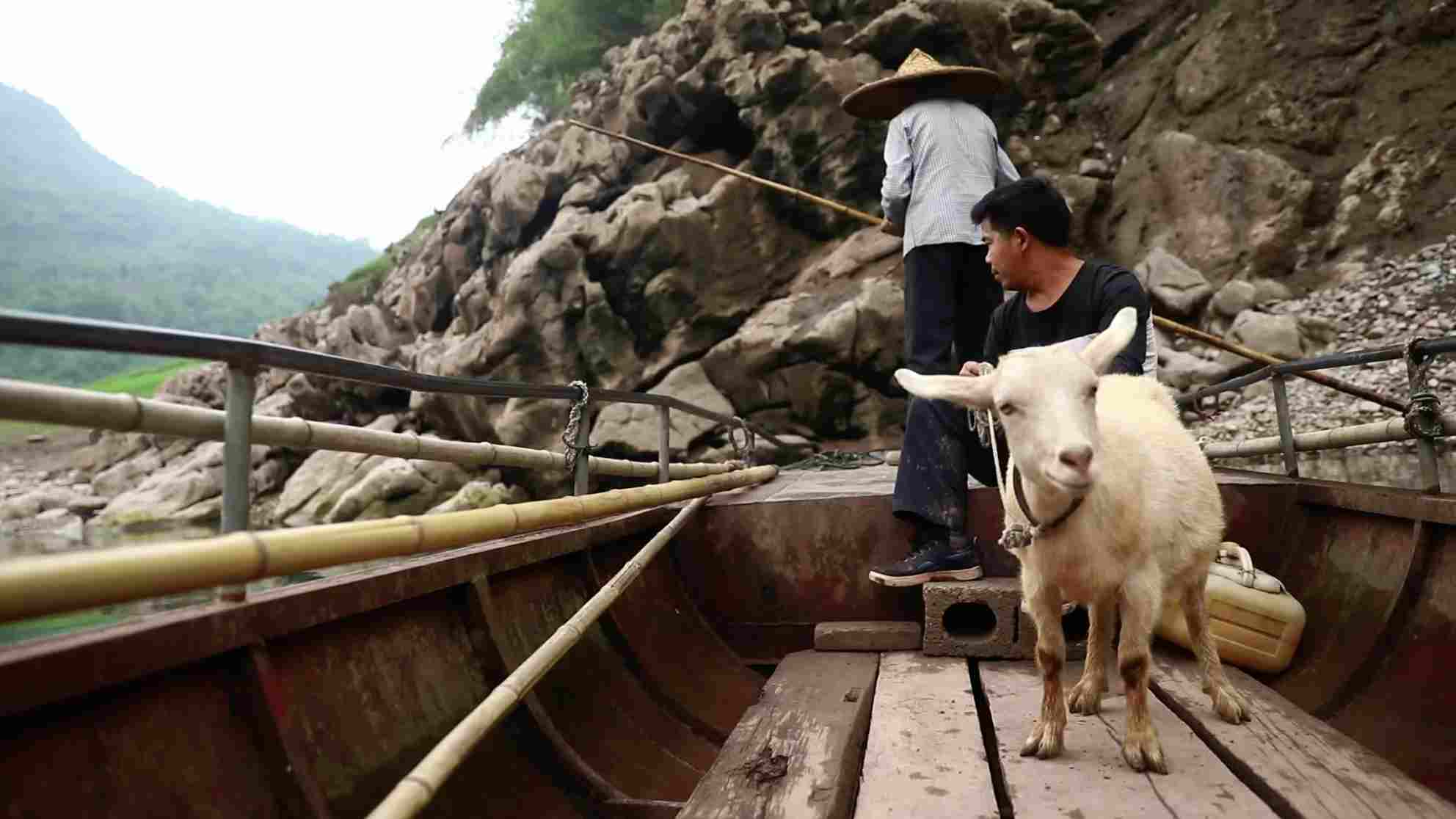
CGTN Photo
CGTN Photo
"In the old days, there was no road transport in the village, yet many people had to get to the other side. We crossed it at least 40 times per day," says Wan. "The workers, students, vendors and butchers, everyone took the ferry, including the grooms who are going to meet the brides."
Wan is no longer young and strong, though only two families live across the river, he can still handle it for now.
In recent years, the number of tourists in the village grows. His son Wan Fangquan often comes to help and plans to take over his duty.
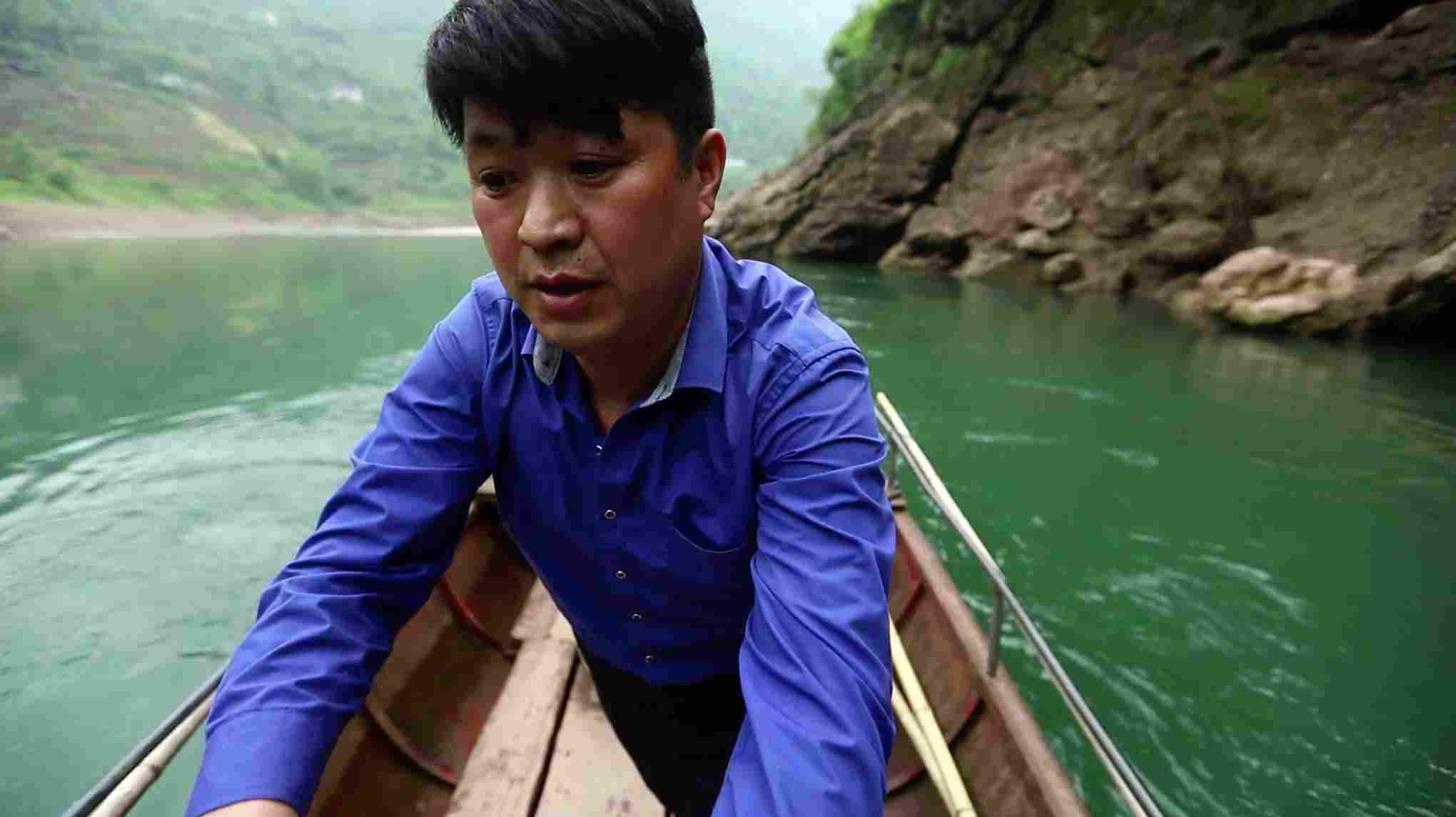
CGTN Photo
CGTN Photo
Wan Fangquan used to be a migrant worker like many villagers. "The salary was good. It was the equivalent of nearly 6,000 yuan per month today." However, as his old father was injured during the ferrying, he decided to give up the job and go back home to help. "We built a house using our savings and did odd jobs in the village. We also raise pigs for more income."
Most of the time, Dashahe river is quiet, and the ferrying is easy. Although in the flood period, it turns into a dangerous rapid. "Last year, the flood broke out. My father and I were there to secure the boat with ropes. When the water receded, we pushed the boat into the river. And when the water rises quickly, we had to pull it back. We stayed up for two nights," says Wan Fangquan.
The wooden boats are easy to break. Before 2008, they had to build a new boat about every four years, as the old boats were rotten. Now they use cast iron boats which can last longer. According to Wan Fangquan, they've used about 20 boats in the past 141 years. All of those are at their own expense.
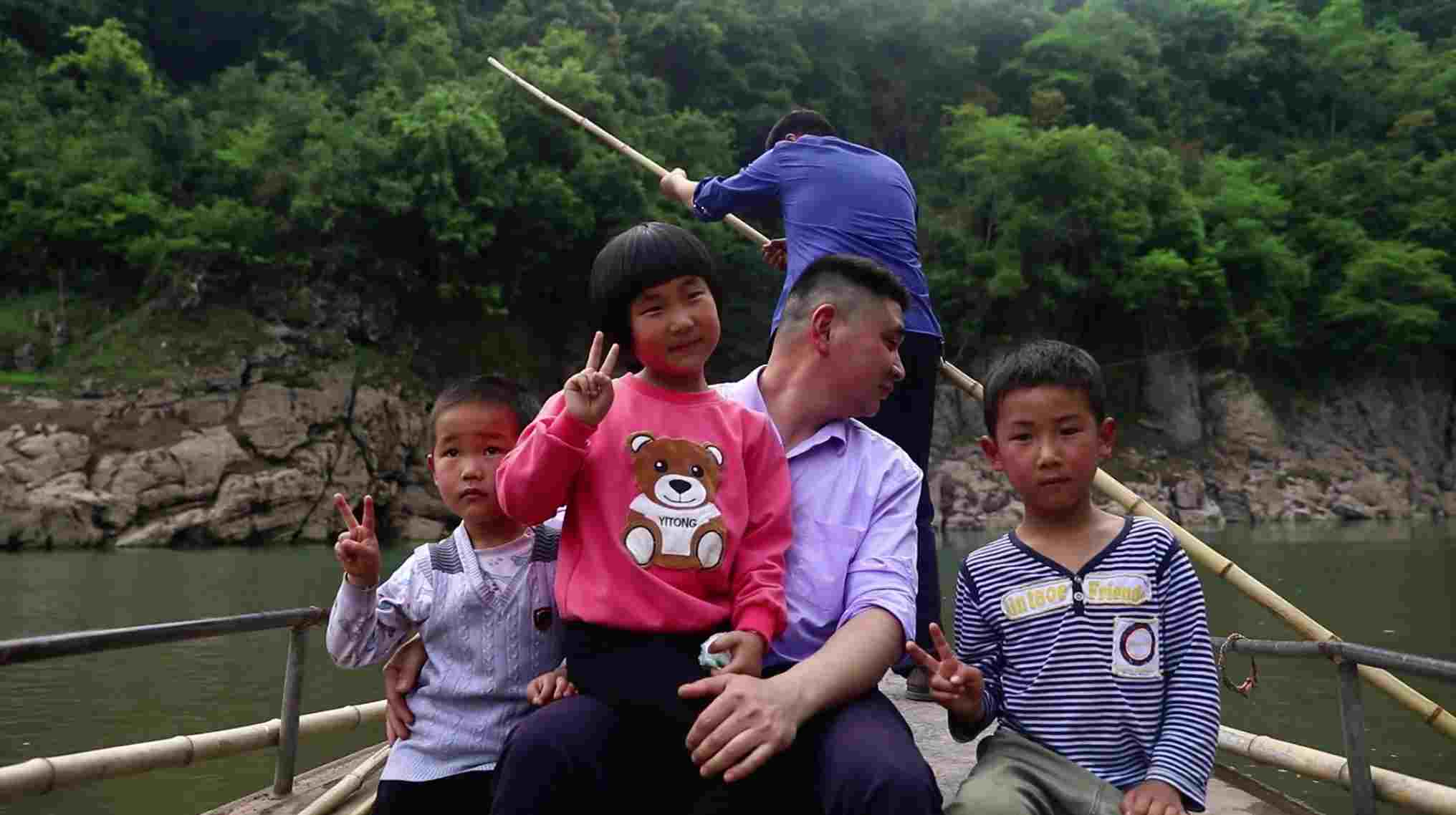
CGTN Photo
CGTN Photo
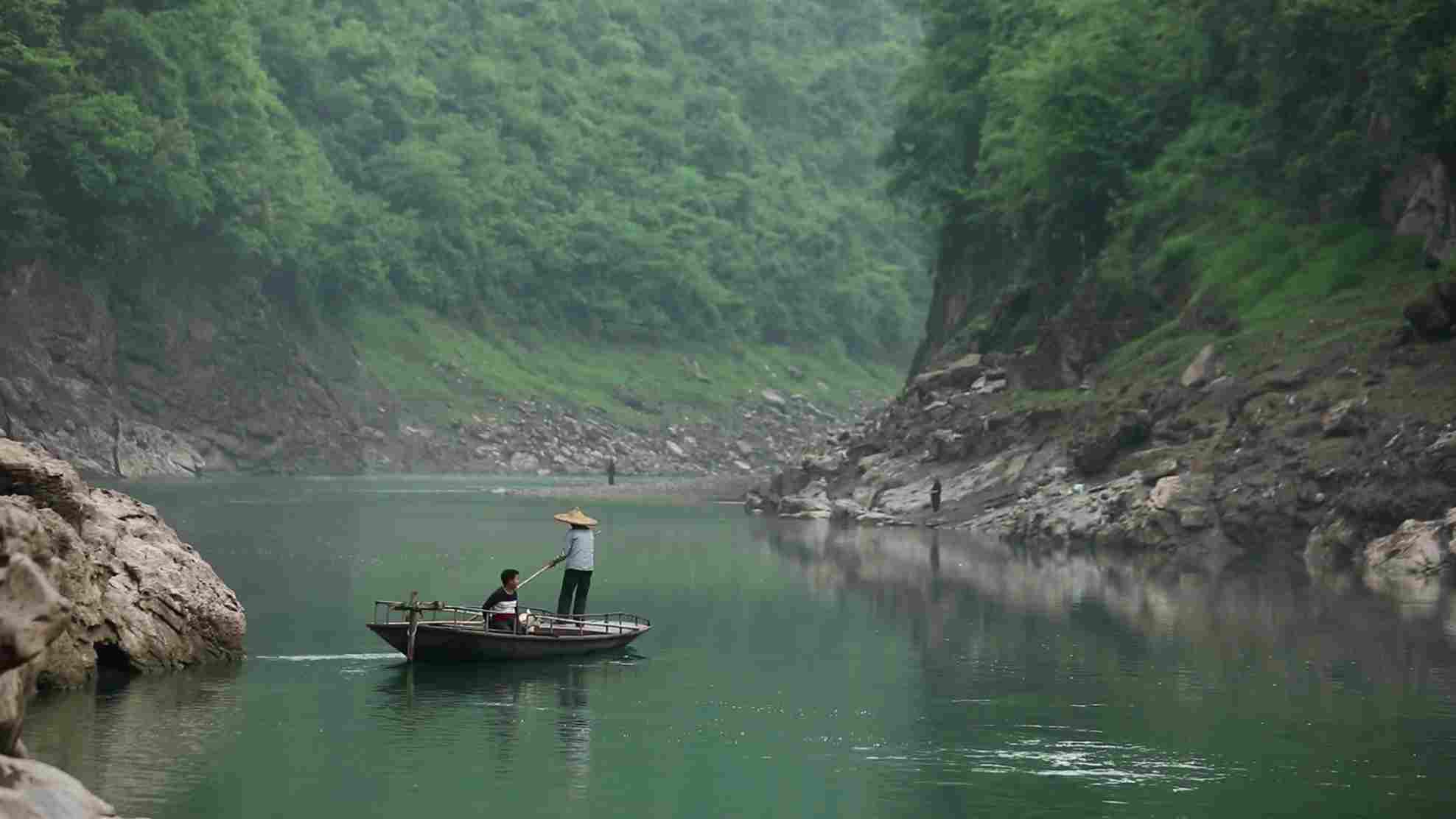
CGTN Photo
CGTN Photo
The family is always proud of one thing: "All these years, we have had zero safety accident." They never let the unskilled customers use the rod. A couple of years ago, the old ferryman Wan Qizhen saved a student who accidentally fell into the water.
"People ask me if I could make more money as a migrant worker. We don't ferry people for fame or fortune, yet the reputation is more precious. It's priceless," says Wan Fangquan.
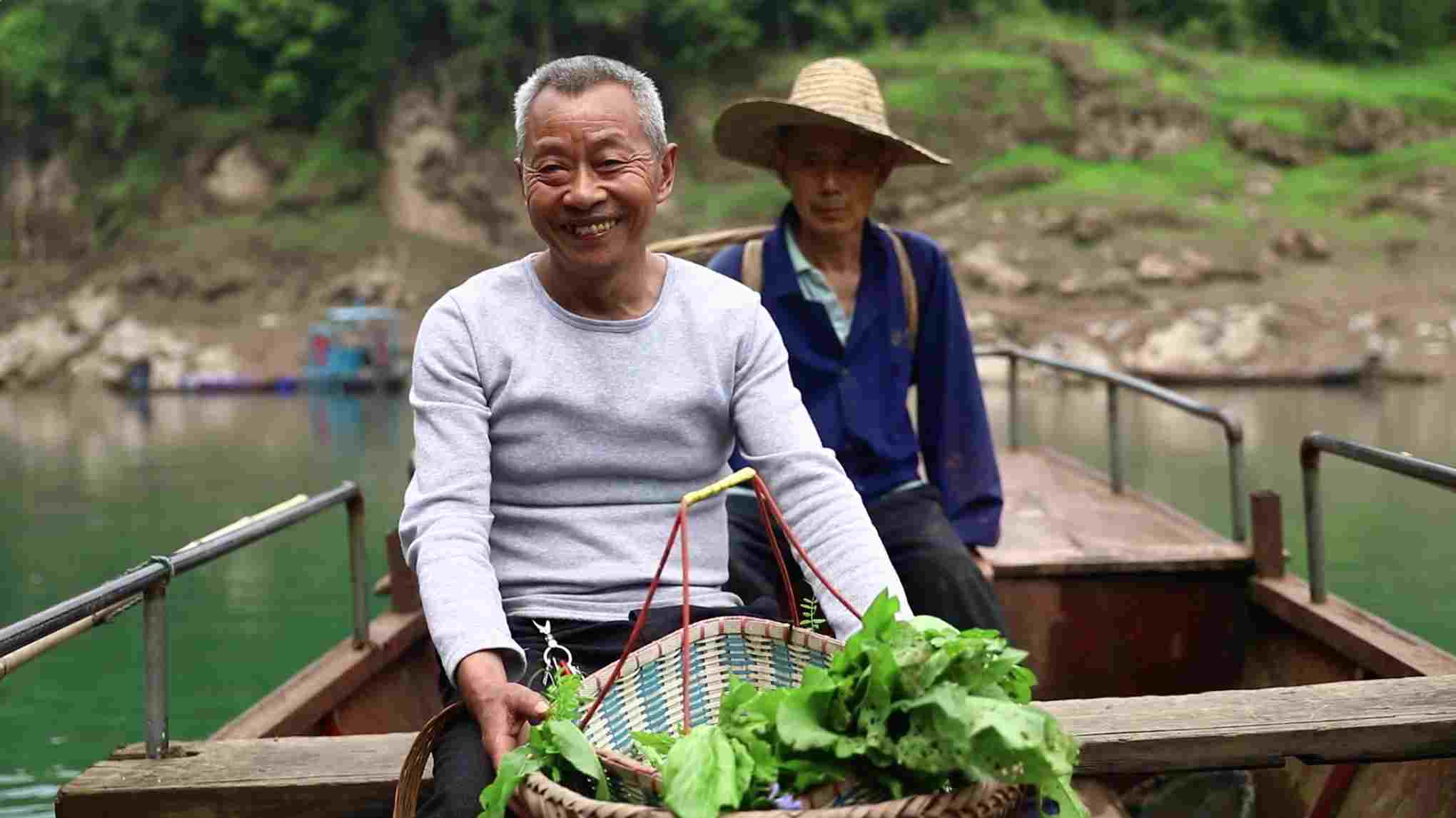
CGTN Photo
CGTN Photo
"Ferrying is like our legacy. We shall pass it on," says Wan Qizhen. "I'm going to celebrate my 80th birthday by ferrying people." With a sense of gratitude, the family has been ferrying here for 141 years. Perhaps this is the true meaning of a promise.

The story is one in The 1.3 Billion series exploring the diverse lives that make up China.
The story is one in The 1.3 Billion series exploring the diverse lives that make up China.

SITEMAP
Copyright © 2018 CGTN. Beijing ICP prepared NO.16065310-3
Copyright © 2018 CGTN. Beijing ICP prepared NO.16065310-3